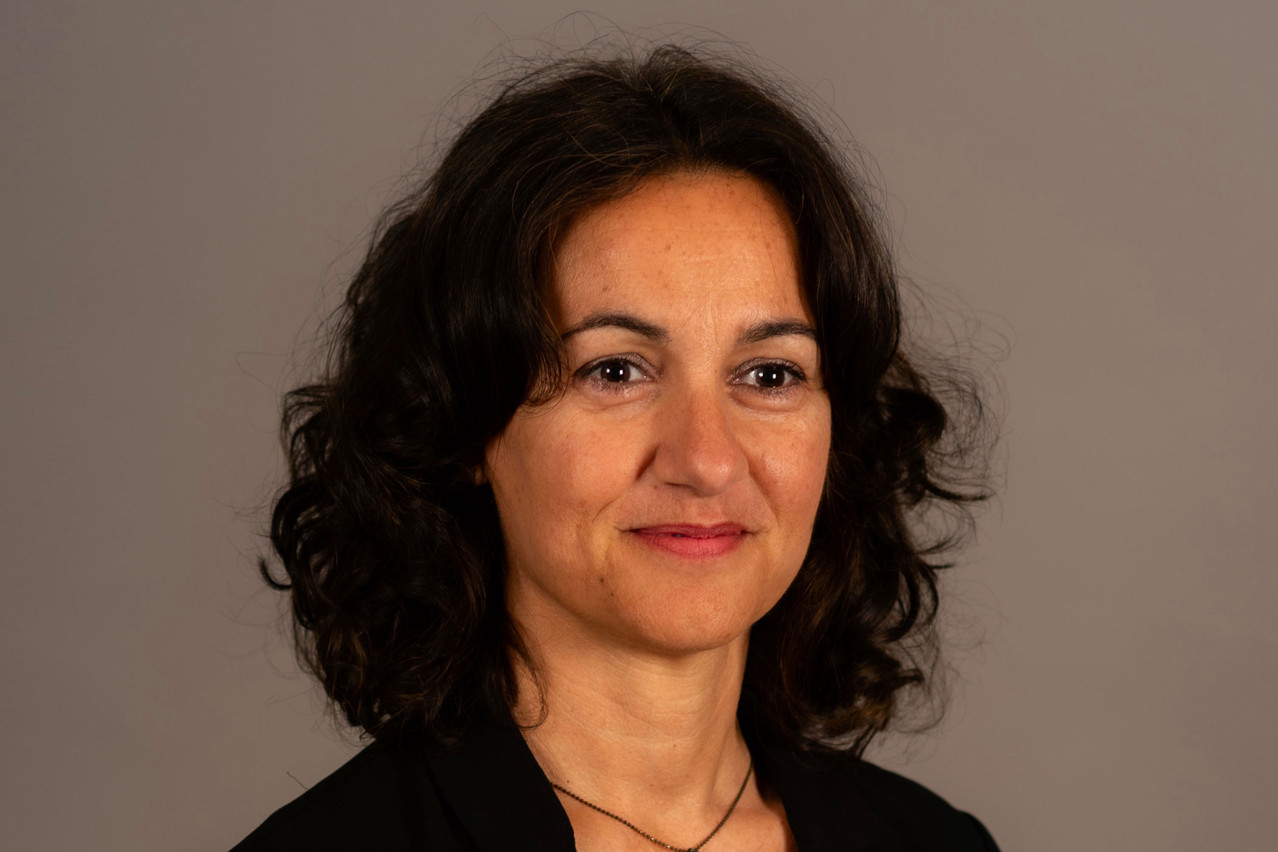Appui au développement autonome (Ada) on 10 July published its , covering their inclusive financing activities for farmers and people working in the forestry business, entrepreneurs and vulnerable households. Amongst all its projects, those in the agri-forestry value chain are the most important, Ada’s executive director Laura Foschi told Delano in an interview. Helping vulnerable people in this sector is not just about improving production, she explained, but it also ensures food security, tackles climate change and contributes to women’s empowerment.
Examples of how Ada helps smallholder farmers include support with shifting from a mono-culture or cash crop way of producing to a more “agri-ecological” or climate-resilient manner, moving from “traditional chemical agriculture” to organic agriculture, improving land use or finding access to new markets.
Challenges are similar but solutions differ
The NGO provides direct and indirect support and partners with microfinance institutions in Africa, Central America and Asia to boost the autonomy of vulnerable people through inclusive finance. The challenges faced are often similar across countries and regions, said Foschi, but “the solutions may be different” and can depend on climate conditions and country-specific constraints.
We really adapt to the different contexts
One concrete example of how Ada has supported farmers is seen in Togo. Here, the organisation helped build a “trilateral contract” between a producer of organic pineapples, the buyer (who, in this case, produces juice to be sold on the national market) and a financial service provider (this can be a microfinance institution or a bank that provides financial resources or a guarantee). “There’s a sort of collaboration that the three parties have in order to improve this transition,” explained Foschi. “This is very successful in countries like Togo, for example, but it’s happened also in other countries,” like the Philippines or Costa Rica. “We really adapt to the different contexts and the different actors that can be put together in order to define and conceive the best solution.”
Non-financial services also important
“Financial services are key, because without funding, [the farmers] cannot improve and make this [ecological] transition,” said Foschi. But technical assistance and non-financial services are also important and complement the financial services. In the Philippines, for instance, farmers shifted to organic tomato production for a local school in Manila. Besides providing funding, the financial service provider also provided technical assistance with data analysis. This can be information to help the farmers improve tomato production, but also information that can help financial institutions better tailor their services.
Read also
In Tunisia, for instance, a beneficiary farmer was growing dates, which require a lot of water. The financial service provider helped them to switch from using diesel pumps to solar pumps to extract water, reducing emissions and noise. What’s more, they were also able to help the farmer use drop irrigation, which resulted in reduced water consumption and allowed the water to be used in other ways.
Target of 500,000 beneficiaries over four years
Ada’s annual report states that they were able to contribute to improving the living conditions of more than 186,000 beneficiaries in 55 countries through €15m worth of programmes and projects. But in 2022, the NGO’s annual report said it . What led to this decrease?
An important thing to note, said Foschi, is that Ada does not have annual targets. Instead, it has a four-year target of reaching 500,000 new beneficiaries. The figure in the 2023 annual report therefore relates to new beneficiaries and should be added to the 2022 result.
In addition, a key reason for this apparent decrease is that there was a data collection problem in one of the NGO’s major projects in the second half of 2023, she explained, and not all data was received in time to include it in its annual report. In the meantime, Ada has obtained the full data for this project, and the total number of beneficiaries for 2023 thus comes to around 250,000, while there were actually 280,000 beneficiaries in 2022. “What we can say--in general--is that, for these two years, what we have tracked is more than 380,000 beneficiaries,” said Foschi.
Read also
What’s more, the NGO also plans to explore the impact of its projects by conducting interviews with beneficiaries in different regions to better understand any changes in their living conditions how Ada and its financial institutional partners can improve their programmes. “Impact, for us, is very important. It’s the key to our activities.”
The United Nations’ sustainable development agenda features 17 Sustainable Development Goals (including no poverty, zero hunger, good health and well-being, quality education, and clean water and sanitation) to be reached by 2030. “2030 is very close,” said Foschi. “As a development NGO, we have this responsibility to really demonstrate that inclusive finance has a major role [to play] in this positive change for vulnerable people.”
Link between Luxembourg and developing countries
Luxembourg is a key player in the global financial sector. Ada, argued Foschi, can serve as a link between investors and social enterprises in the field. It can help “improve the readiness to investment to a series of young entrepreneurs, farmers, women entrepreneurs… to be ready for the impact investors that are maybe domiciled here in Luxembourg that want to invest but cannot find organisations that are ready to be invested [in].”
In some cases, there’s a lack of funding because of a high risk perception, leading to a “bottleneck,” she added. The , a societal impact company launched last year together with Luxembourg’s foreign affairs ministry that has already supported entities in Senegal, Rwanda and Guatemala, can help address this. It aims to give social impact organisations access to financing and to help make companies ready for further funding from professional impact investors.

